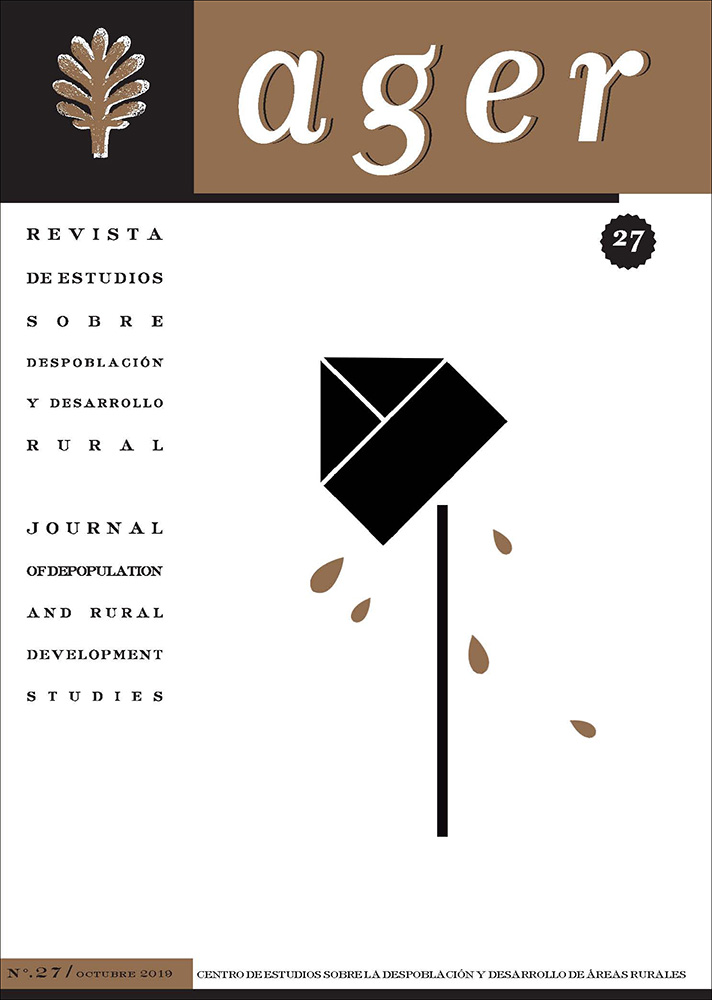The Role of Housing and Services in Supporting Healthy Ageing-in-Place: Northern British Columbia, Canada
Resumen
Rural ageing is a common process across Northern Europe, the Scandinavian countries, and across OECD states more generally. In rural Canada, this demographic process has been accelerated by the phenomena of resource frontier ageing; the result of a combination of youth out-migration, workforce ageing-in-place, and the long-term lack of new job growth to attract young working households. In this paper, we look at the critical issue of housing in northern British Columbia (BC), Canada, as a vital part of healthy ageing and quality-of-life for older residents. We start with an overview of the important policy shifts that have impacted housing investment, the processes which have accelerated population ageing, and the match/mismatch of the existing housing stock with new demographic realities. The findings highlight that the processes of economic upswings and downturns so common in resource-dependent rural and small town places has had a significant impact not only on patterns of demographic change, but also on the nature of the existing housing stock and on the capacity of that stock to meet the needs of the local population into the future. In our case study community, the housing stock is generally old, larger than required by current households, and in need of repair or updating. These findings mirror resource region housing studies elsewhere. Updating this stock needs focus specifically upon accessibility within the dwelling unit for the growing demographic of older residents and on energy efficiency to reduce house operating costs for retired people living on low or fixed incomes. There are also unmet housing needs in terms of smaller, accessible housing for people wishing to downsize and there is a lack of support services to help keep older people in their own homes longer. The research points to the need for both housing investment and revisions to public policy.
Descargas
Publicado
Cómo citar
Número
Sección
Licencia
Aquellos autores/as que tengan publicaciones con esta revista, aceptan los términos siguientes:
- Los autores/as conservarán sus derechos de autor y garantizarán a la revista el derecho de primera publicación de su obra, el cuál estará simultáneamente sujeto a la Licencia de reconocimiento de Creative Commons que permite a terceros compartir la obra siempre que se indique su autor y su primera publicación esta revista.
- Los autores/as podrán adoptar otros acuerdos de licencia no exclusiva de distribución de la versión de la obra publicada (p. ej.: depositarla en un archivo telemático institucional o publicarla en un volumen monográfico) siempre que se indique la publicación inicial en esta revista.
- Se permite y recomienda a los autores/as difundir su obra a través de Internet (p. ej.: en archivos telemáticos institucionales o en su página web), lo cual puede producir intercambios interesantes y aumentar las citas de la obra publicada. (Véase El efecto del acceso abierto).

